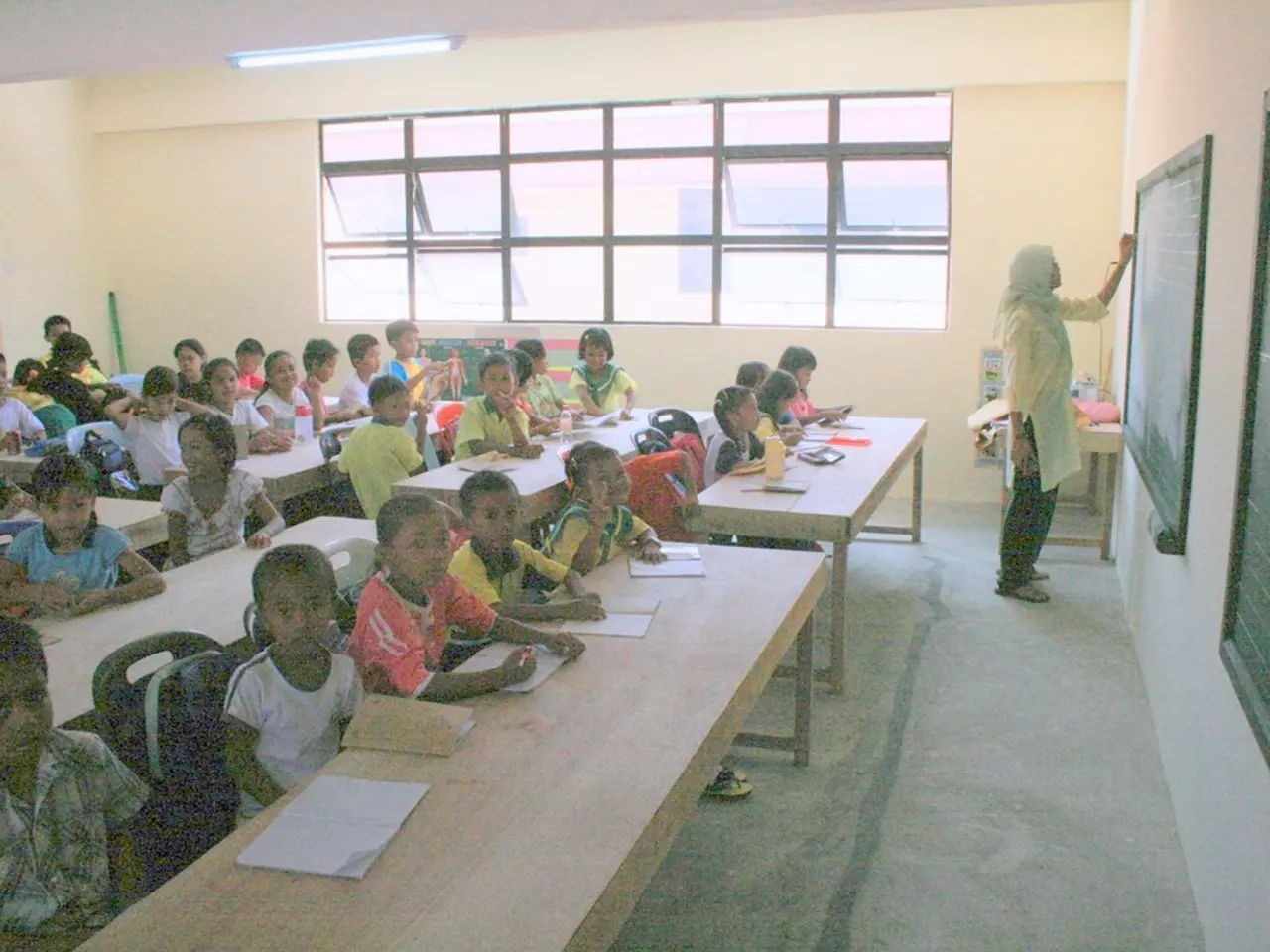New Study Highlights Challenges and Best Practices in Teaching Quantum Information
A recent study led by Fargol Seifollahi and Chandralekha Singh at the University of Pittsburgh sheds light on the challenges and best practices in teaching quantum information, a rapidly evolving field crucial for the future of technology. The research underscores the need for 'quantum literacy' among both specialists and the general public.
The study, which involved qualitative interviews with university instructors, revealed common themes and effective practices for preparing students from diverse academic backgrounds for research and careers in quantum information. Effective teaching strategies include active learning, contextualizing concepts, addressing common misconceptions, and providing appropriate support and guidance.
However, educators face hurdles such as limited access to quantum hardware and specialized expertise. NV centers in diamond, valuable physical systems for quantum experiments and education, can help overcome these barriers. The interdisciplinary nature of the field, integrating concepts from physics, computer science, mathematics, and engineering, presents both challenges and opportunities for educators.
The study emphasizes the importance of equipping educators with the knowledge and skills to teach quantum concepts effectively. Hands-on learning, computational tools, and supportive mentorship are crucial for preparing students for the quantum revolution. As the field of quantum information science and engineering requires a skilled workforce, addressing these challenges in quantum education is vital for the future of quantum technology.








